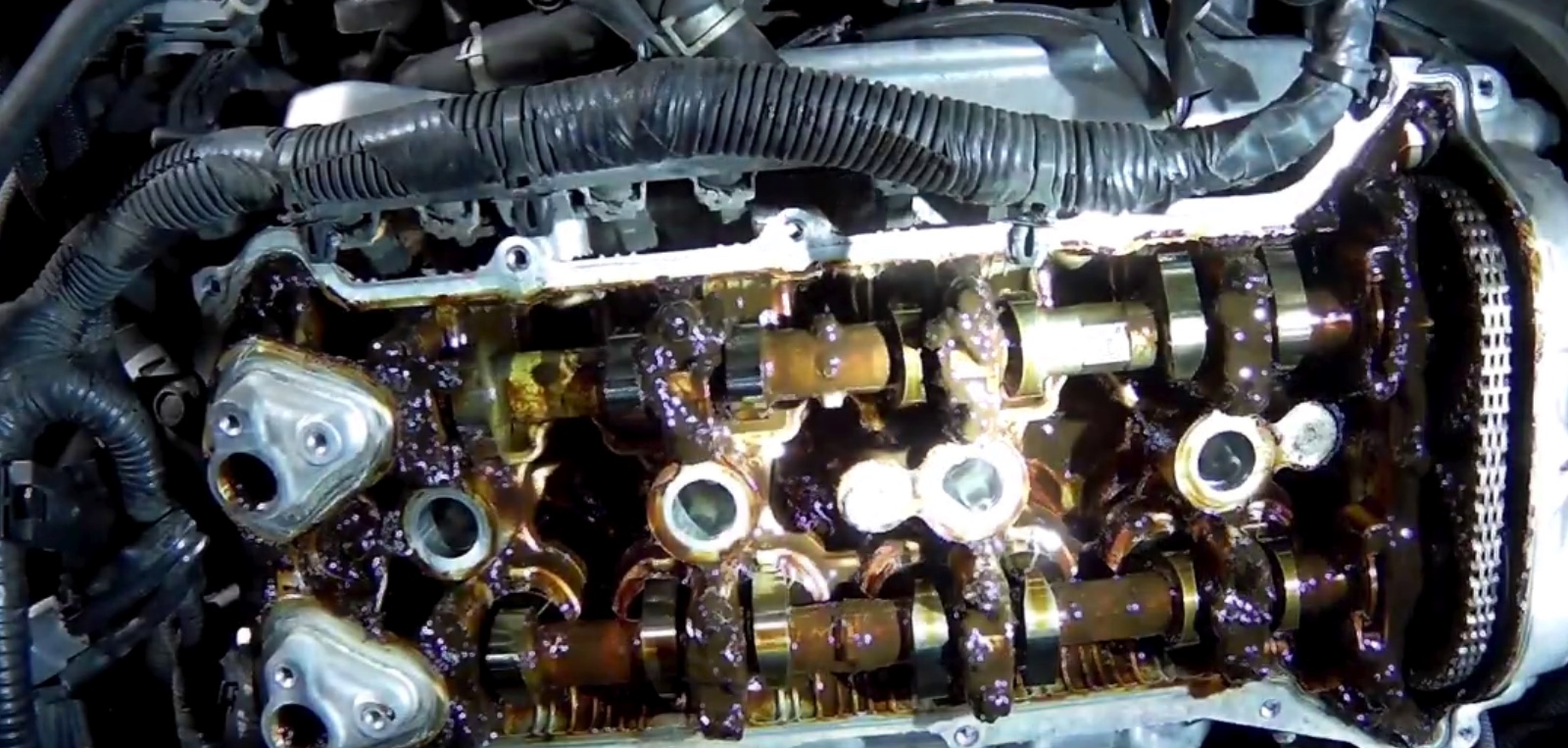Engine sludge is a common problem in many cars, and it can have serious consequences if left untreated. In this article, we will explore the causes and consequences of engine sludge and provide tips on how to prevent it.
What is Engine Sludge?
Engine sludge is a sticky, tar-like substance that forms in an engine's oil system. It is a mixture of oil, dirt, and other contaminants that can clog up the engine's oil passages, reducing the oil's ability to lubricate and protect the engine's moving parts. If left untreated, engine sludge can cause serious damage to your engine and lead to costly repairs.
Causes of Engine Sludge
There are several factors that can contribute to the formation of engine sludge. Here are some of the most common causes:
Infrequent Oil Changes: One of the most common causes of engine sludge is infrequent oil changes. If you don't change your oil regularly, the oil can break down and become contaminated, leading to sludge formation.
Using Low-Quality Oil: Using low-quality oil that doesn't meet your engine's specifications can also lead to sludge formation. It is important to use the right type of oil for your car and to check the oil level regularly.
Stop-and-Go Driving: If you frequently drive in stop-and-go traffic or make short trips, your engine may not reach optimal operating temperatures, which can contribute to sludge formation.
Engine Overheating: If your engine overheats, it can cause the oil to break down and form sludge.
Poor Ventilation: Poor ventilation in the engine compartment can contribute to sludge formation by allowing contaminants to accumulate in the oil.
Consequences of Engine Sludge
Engine sludge can have serious consequences for your car's engine. Here are some of the most common consequences:
Reduced Engine Performance: Sludge can cause your engine to run poorly and lose power, which can lead to decreased fuel efficiency. Your car may also have trouble starting or idling.
Engine Damage: If the sludge accumulates in critical engine parts, it can cause damage to the engine and lead to costly repairs or even engine failure.
Oil Starvation: Sludge can clog the oil passages in your engine, leading to oil starvation and potentially catastrophic engine damage.
Increased Engine Wear: Sludge can cause increased engine wear and tear, leading to shorter engine life.
Increased Maintenance Costs: If your engine develops sludge, it may require more frequent oil changes and other maintenance to keep it running properly. This can lead to increased maintenance costs over time.
Preventing Engine Sludge
Preventing engine sludge is key to keeping your engine running smoothly. Here are some tips on how to prevent sludge formation:
Follow the Manufacturer's Oil Change Schedule: It is important to change your oil regularly according to the manufacturer's recommended schedule. This will help keep the oil clean and prevent sludge formation.
Use the Right Type of Oil: Make sure to use the right type of oil for your car, and check the oil level regularly.
Drive Your Car Regularly: If your car sits for long periods, the oil can break down and become contaminated. It is important to drive your car regularly to help keep the oil clean.
Avoid Stop-and-Go Driving: Try to avoid frequent stop-and-go driving if possible, as this can contribute to sludge formation.
Keep Your Engine Clean: Keeping your engine clean can help prevent sludge formation. Make sure to clean the engine compartment regularly and replace any damaged or worn engine components.
In conclusion, engine sludge is a serious problem that can have serious consequences for your car's engine. It is important to take preventative measures to avoid sludge formation and to address it promptly if it does occur. Regular oil changes, using the right type of oil, and driving your car regularly are key to preventing engine sludge. In addition, keeping your engine clean and avoiding stop-and-go driving can help reduce the likelihood of sludge formation.
If you suspect that your engine may have sludge, it is important to have it checked by a professional mechanic. They can diagnose the problem and recommend the best course of action to address it. In some cases, an engine flush or oil additive may be necessary to remove the sludge and restore proper oil flow.
Overall, preventing engine sludge is crucial to keeping your car running smoothly and avoiding costly repairs. By following the recommended maintenance schedule and taking preventative measures, you can help ensure that your engine stays clean and healthy for years to come.

